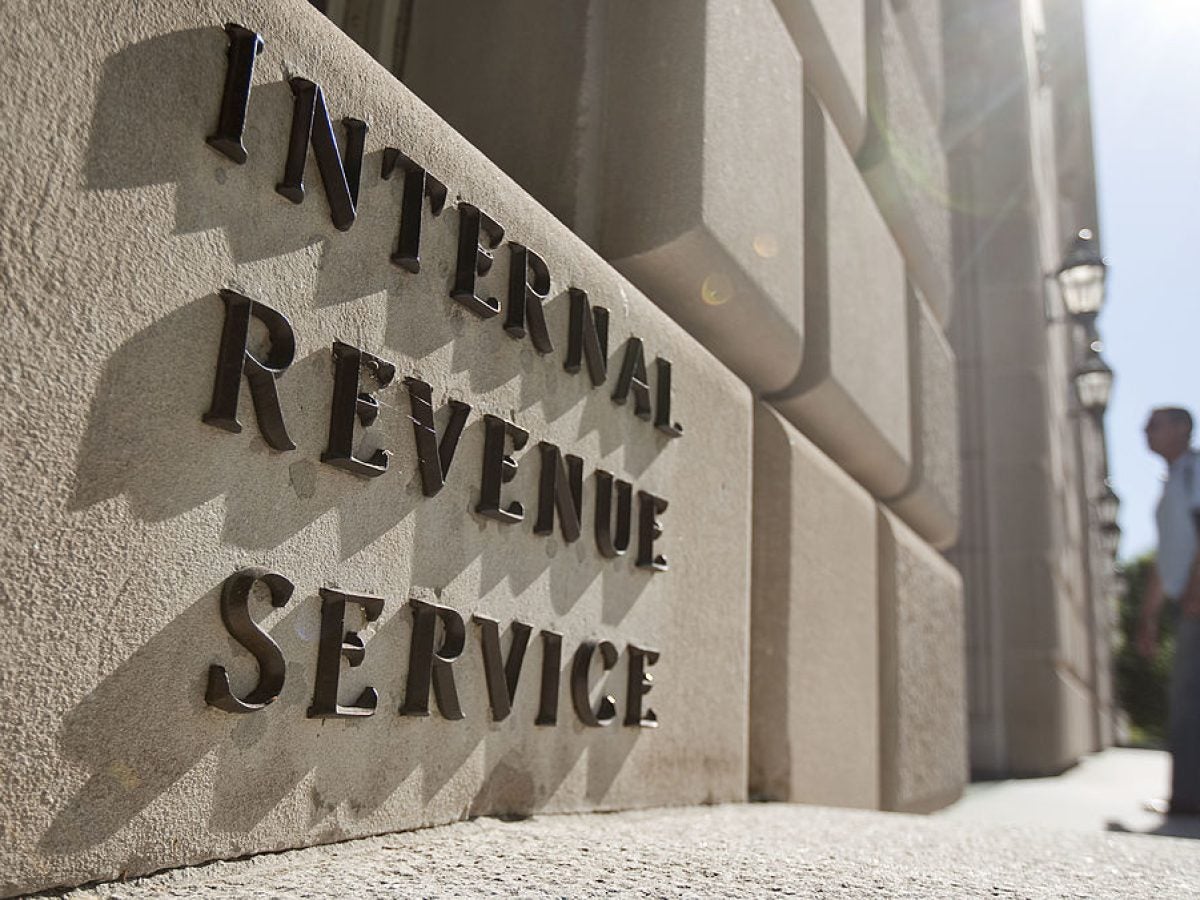
Black taxpayers may be audited at much higher rates than non-Black taxpayers, according to information the Internal Revenue Service(IRS) has uncovered.
Stanford University researchers report that Black taxpayers may experience audit rates up to five times higher than white taxpayers. According to The Hill, Senate Finance Committee Chairman Ron Wyden, recommended that IRS Commissioner Daniel Werfel investigate the matter after assuming control of America’s federal tax collection agency earlier this year.
“Our initial findings support the conclusion that Black taxpayers may be audited at higher rates than would be expected given their share of the population,” Werfel wrote to to Wyden.
“We are dedicating significant resources to quickly evaluating the extent to which IRS’s exam priorities and automated processes, and the data available to the IRS for use in exam selection, contribute to this disparity,” Werfel wrote to Wyden.
The analysis discovered that the main cause of the disparity was the handling of audits involving the Earned Income Tax Credit (ETIC), which offers benefits to persons at the lowest end of the income scale that can total up to $7,430, depending on how many children they have.
Although the IRS does not track specific taxpayers’ race or ethnicity, Stanford University researchers were able to infer racial information using statistical approaches based on name data and census block groups.
“The larger source of the disparity stems from the selection of taxpayers for audit within the population of EITC claimants: Black taxpayers claiming the EITC are between 2.9 and 4.4 times as likely to be audited as non-Black EITC claimants,” they wrote. Researchers discovered a reduced difference in audit rates between Black and non-Black taxpayers who do not claim the EITC. However, it is still statistically significant.
They observe that the IRS algorithm that selects EITC tax returns for audit may be leading to racial discrimination in various respects, such as targeting credits mistakenly obtained and exclusively auditing simple returns. According to the Joint Committee on Taxation, the EITC costs around $75 billion annually.
The IRS is undergoing substantial renovations and system upgrades as a result of Congress’ $80 billion budget increase last year, The agency is hiring tens of thousands of new staff and undergoing an operational makeover to centralize its enforcement and collection procedures, potentially changing the factors that result in higher audit rates for Black taxpayers.





